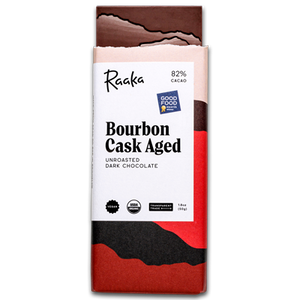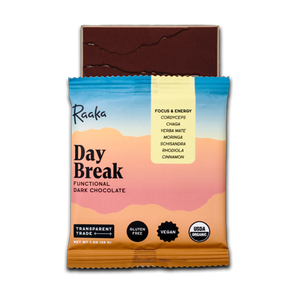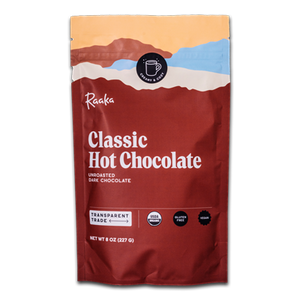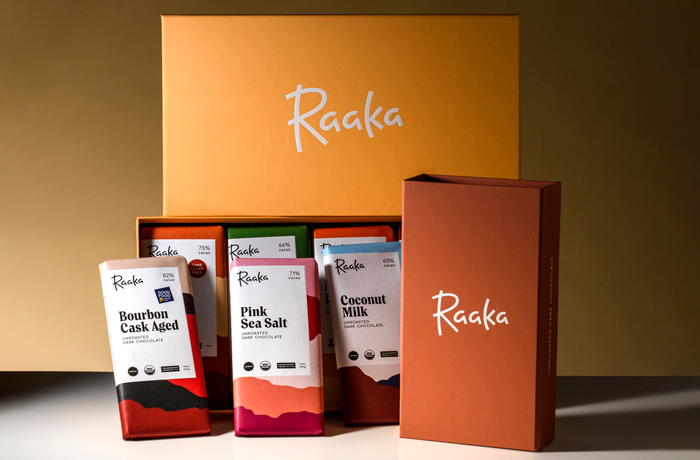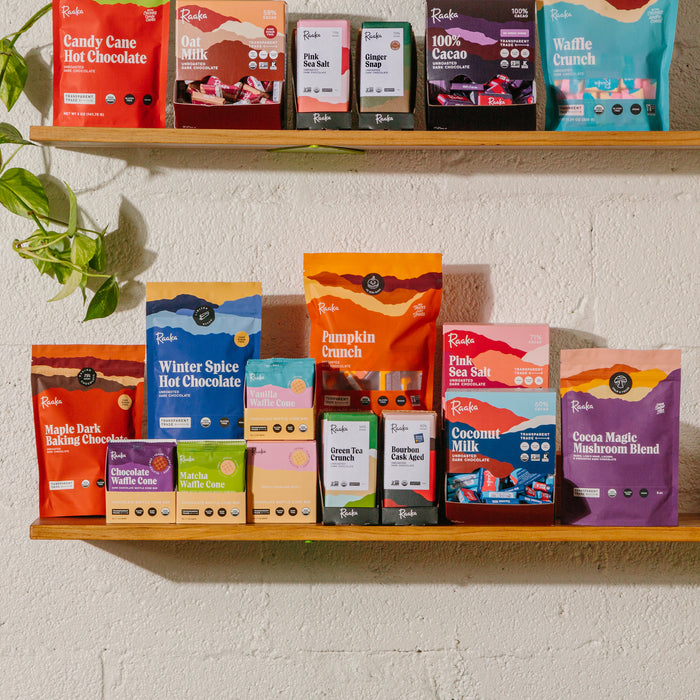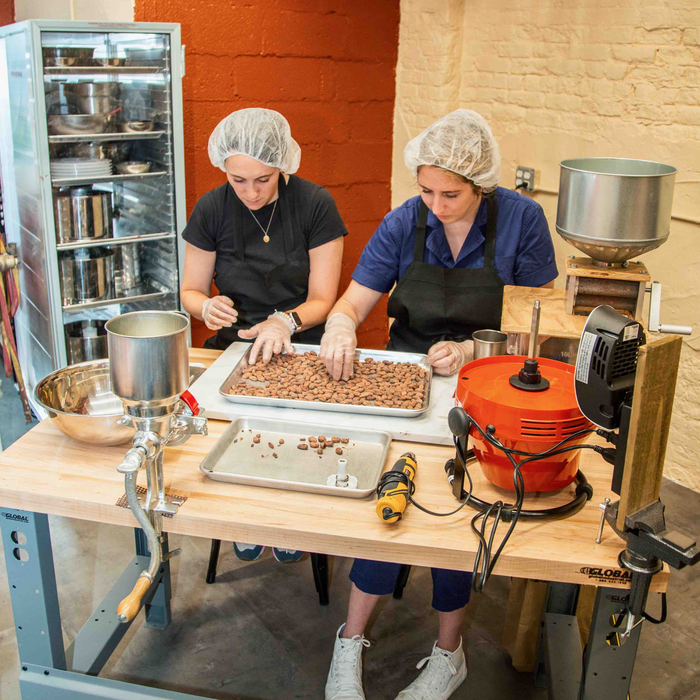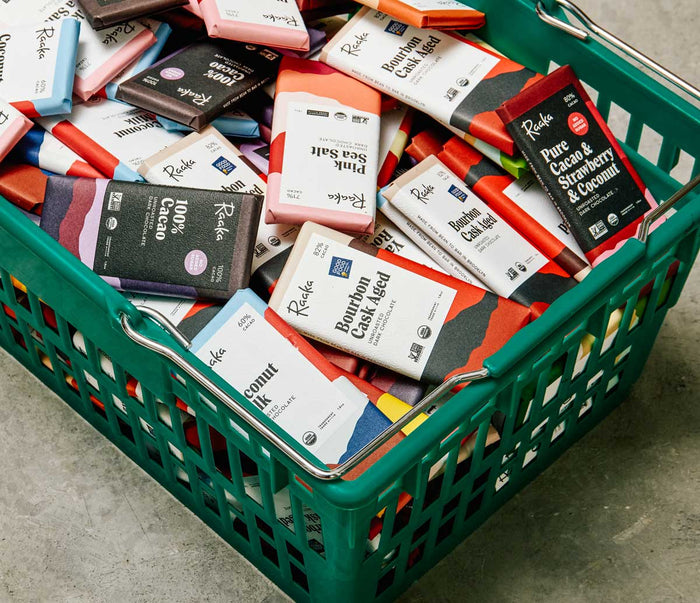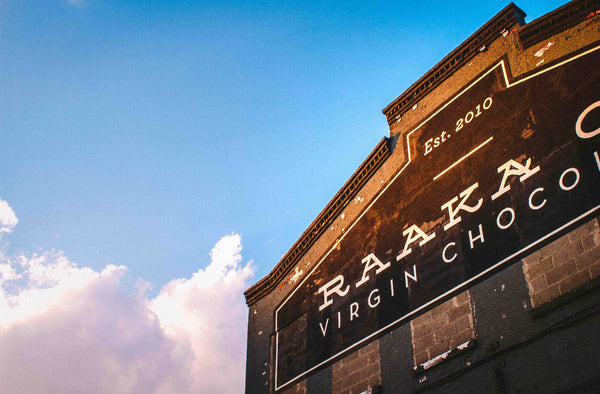CAC Pangoa, Peru

CAC Pangoa, Peru
*For more information and important context on farmgate and producer pricing, please reference our Transparent Trade page.
La Cooperativa Agraria Cafetelera Pangoa, referred to as CAC Pangoa, is a bustling farmer-owned cooperative with over 700 members spread out across the verdant and fertile Junín region of Peru, a few hundred miles east of Lima. The town of Pangoa is powered by agriculture, populated primarily by small shareholder farmers producing award-winning coffee beans, citrus, bananas, yuca, hardwoods, and cacao. Initially, the cooperative focused on the cultivation and export of coffee beans, but in recent years they've shifted focus to cacao.
The cooperative was founded in 1977 with just 50 members, growing substantially over 40 years despite a few turbulent decades; in the 1980s, a terrorist organization called The Shining Path swept the Junin region with a “convert or die” modus operandi. In the 1990s, intense demand for cocaine left farmers with little choice but to illegally grow coca, which it made it difficult later to obtain credit and grow their farms legally.
Now, in the 21st century, farmers in the Junín region face a new challenge: climate change. Increasing global temperatures have allowed a nefarious fungus disease called Coffee Rust to thrive. The disease attacks the plant and renders it unable to bear fruit. Since our introduction to CAC Pangoa in 2014, we’ve been working with the leadership at CAC Pangoa to figure out ways to help improve cacao production so that farmers can be making the same amount of money per acre for cacao as they were for coffee.
This resolve is exceptionally present in the cooperative’s director, Esperanza Dionisio. Esperanza began working with CAC Pangoa as a technical assistant, but it wasn’t long before she became the first female manager of cooperative and one of the only in the region. Under Esperanza’s passionate leadership, CAC Pangoa has prospered despite the complicated challenges they face.
CAC Pangoa is farmer-owned and founded on the core value of community solidarity. The cooperative holds democratic elections each year to choose its leadership and promotes the development of their members and local community through programs focused on economic and social empowerment. Their programs for member education and development include education, health, and burial funds; programming and committees to support and encourage participation of youth, women members, and wives and daughters of cooperative members; a reforestation program to combat the impact of poor land management and local illegal logging; a healthy housing initiative; and structural support for coffee plantations and planting.
Like other cacao producers we work with, CAC Pangoa is focused on farmer prosperity. Thirty percent of their proceeds go to toward the overhead of running the coop and the additional 70% is distributed to all contributing members of the coop. This ensures that coop members make more for their cacao through the coop than through anywhere else in the region. They provide centralized fermentation and drying, as well a technical assistance in pest prevention, allowing farmers to increase yields and improve cacao quality.
There are now over 100 member farmers in Pangoa’s organic cacao program (Raaka works with about 60 of them). We’ve had the pleasure of visiting new farms each year, like Baleriamo B'ordora Muñoz’s agroforestry paradise pictured here. Baleriamo's farm has been around since the 1970s when it was primarily a coffee plantation. There was always plenty of cacao, but it was primarily grown and harvested for worker consumption. With Coffee Rust making coffee cultivation difficult for the family, they've switched their focus to fine cacao. Baleriamo has several cacaos nativos trees: cacao trees native to the region and known for their delicious fruity flavor. On our last visit, we tagged and collected samples of these native trees with our friend Steve Bergin of Conservation Cacao, who introduced us to CAC Pangoa. Steve’s goal is to encourage small shareholder farmer’s to practice good agroforestry, preserve native trees, and improve the quality of their finished cacao so that they can help promote economically and environmentally sustainable practices in their communities.
Like many of the farmers in Junin Valley, Baleriamo cultivates citrus, bananas, coffee, and hardwoods in addition to cacao. We had the pleasure of sharing our limited batch Vanilla Rooibos bar with him, which we made with CAC Pangoa beans; no doubt a of few of his cacao beans was in each bar.
We’d be remiss if we didn’t mention Olinda Ataucusi, who has been instrumental in connecting us to new farmers in the Junin Valley. Olinda’s energy and goodwill are contagious; she exudes passion for cacao cultivation, trusting in this magical fruit to help shield Junin Valley farmers from yet another external threat to stability in a region plagued by them. But like Olinda, the people of Pangoa have proven passionate, courageous, and above all, resilient. We’re incredibly grateful to work with such incredible people and make chocolate from their equally incredible beans.
We love the berry-fruit forward notes of CAC Pangoa’s beans; they’re our go-to whenever we’re crafting a bar that requires really big and bright flavor.















